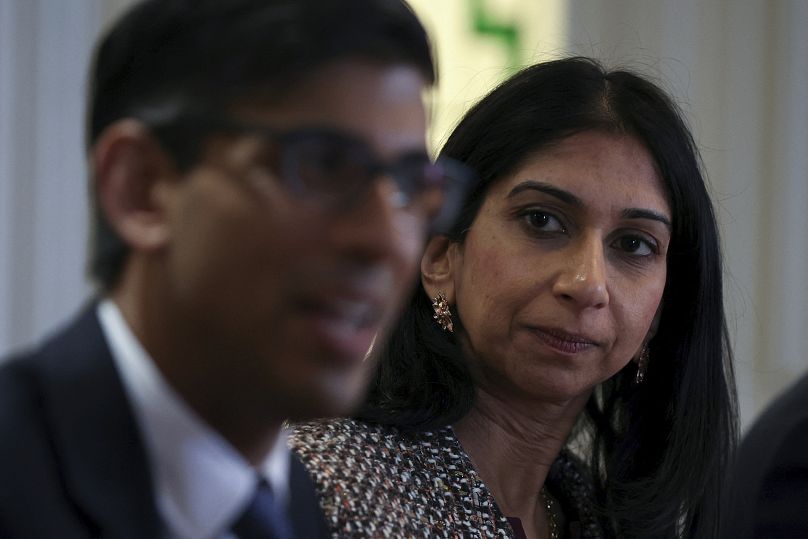A music festival creator and government advisor has threatened legal action against the UK’s Home Office decision to require festivals have a licence for on-site drug testing.
Sacha Lord is the co-creator of Manchester’s Parklife Festival and The Warehouse Project. He is also the Night Time Economy Adviser for Greater Manchester. This week, he has written to the UK’s Home Secretary Suella Braverman over the Home Office’s decision to force music festivals to have a Controlled Drugs Licence for on-site back-of-house drug testing.
 ADVERTISEMENT
ADVERTISEMENT
 ADVERTISEMENT
ADVERTISEMENT
According to Lord’s letter, drug testing has taken place at the festival since 2014. While many of the larger festivals in the UK use private companies for drug testing, smaller independent festivals like Parklife have depended on drug-testing charity The Loop for the service.
The government claims that the Controlled Drugs Licence has always been a requirement for drug testing on-site. However, the letter points out that the practice took place for the past decade due to an understanding between local police, councils and the festivals.
If a dangerous substance is being taken into a festival, drug testing can identify it and notify crowds. At events like music festivals, even if there is a zero tolerance policy for illegal drugs, testing can save lives.
Lord’s letter notes that the “Home Office was well aware that on-site drug testing took place without licences and with the approval of local police forces.”
It goes on to quote the government’s Select Committee: “Since 2016, “there have been no drug related deaths at any festival that Multi Agency Safety Testing (MAST) has operated at and some evidence of reduced hospital admissions”. Evidence suggests festivals see a 10% to 25% reduction in drug related harm when The Loop operates on site, and that it changes behaviours: half of those who find out that substances are not what they thought they were sold hand the drugs over to be destroyed, with similar proportions who find out substances are stronger than they thought taking less to prevent overdose.”
The letter gives the government until 7 July to respond or it will launch legal action by issuing proceedings for a judicial review.
Suella Braverman's hard-line approach
Earlier this year, Braverman’s Home Office announced that it was clamping down on the illegal use of laughing gas. She has also reportedly made claims that she doesn’t want the UK to move to decriminalise cannabis and instead reclassify it as a Class A drug. Although this claim was disputed by a spokesperson for Prime Minister Rishi Sunak.
The move to restrict festivals from effectively testing the safety of the drugs on site is therefore consistent with Braverman’s rhetoric to stigmatise use of drugs.
However, it is out of step with policy in other European counterparts.
The Netherlands has been allowing drug testing at high-risk sites since 1987. In 1999, the government centralised drug testing through the Drug Information Monitoring System (DIMS). DIMS releases useful information about dangerous drugs to the public. Since 2015, DIMS has produced a list of extra risky pills on their Red Alert App.
While countries like the Netherlands and Portugal have gone through measures to decriminalise drugs as a research-proven way of reducing public harm by substance abuse, the UK is moving in the opposite direction.
The Loop — the charity which runs many drug testing sites at UK festivals — released research last year that even showed the quality of the UK’s drugs were decreasing comparatively to its European neighbours, potentially due to supply-chain issues created by Brexit.











